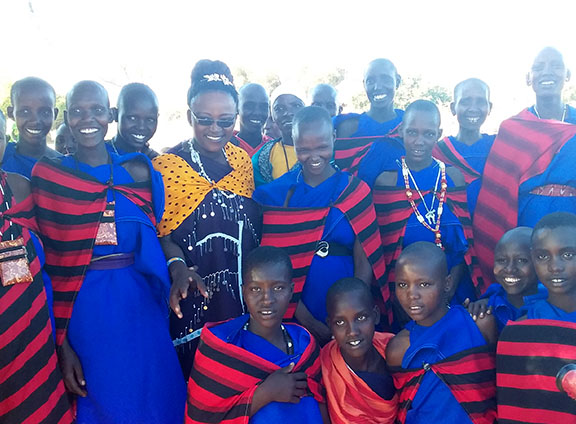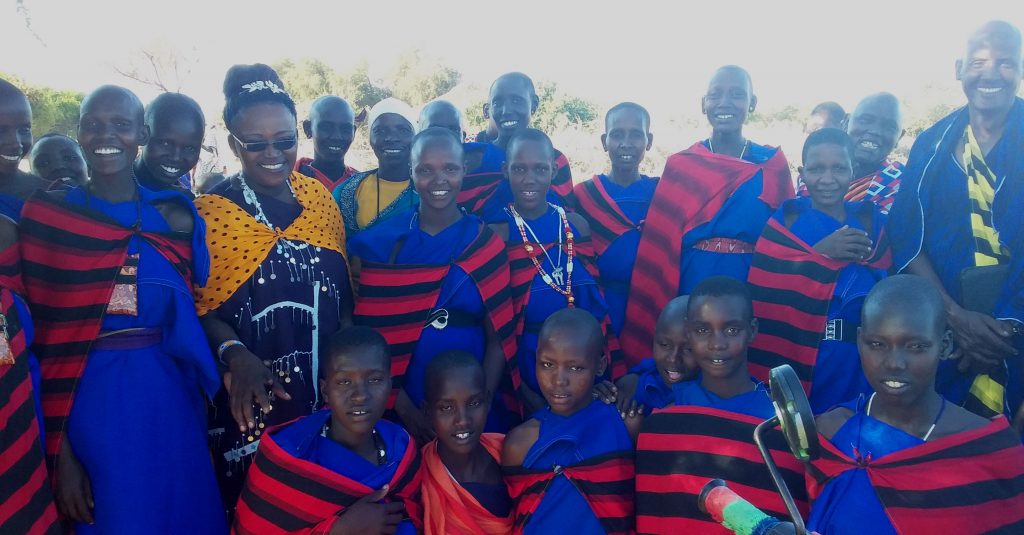We’re Helping on Gender-Based violence
Refers to harmful acts directed at an individual based on their gender. It is rooted in gender inequality, the abuse of power, and harmful norms. Gender-based violence (GBV) is a serious violation of human rights and a life-threatening health and protection issue.
GBV is violence directed against a person because of that person’s gender or violence that affects persons of a particular gender disproportionately.

Violence against women is understood as a violation of human rights and a form of discrimination against women and shall mean all acts of gender-based violence that result in, or are likely to result in
- Physical harm,
- Sexual harm,
- Psychological,
- Or economic harm
- Or suffering to women.
In Tanzania, GBV is widespread; the most recent Tanzania and Demographic Health Survey (TDHS) found that 44% of ever-married women have experienced physical and/or sexual violence from an intimate partner in their lifetime.
It can include violence against women, domestic violence against women, men, or children living in the same domestic unit. Although women and girls are the main victims of GBV, it also causes severe harm to families and communities.
Female Genital Mutilation (FGM) is the ritual cutting or removal of some or all of the external female genitalia. It violates women’s bodies and often damages their sexuality, mental health, well-being, and participation in their community.
It may even lead to death. Today, more than 200 million girls and women alive worldwide have undergone female genital mutilation. At least 500,000 women living in the EU have undergone FGM.
Immediate complications can include:
- Severe pain
- Excessive bleeding (hemorrhage)
- Genital tissue swelling
- Fever
- Infections e.g., tetanus
- Urinary problems
- Wound healing problems
- Injury to surrounding genital tissue
- Shock
- Death

Education regarding gender violence in the Maasai Community. Maasai women in Manyara region.
Long-term complications can include:
- Urinary problems (painful urination, urinary tract infections);
- Vaginal problems (discharge, itching, bacterial vaginosis, and other infections);
- Menstrual problems (painful menstruations, difficulty in passing menstrual blood, etc.);
- Scar tissue and keloid;
- Sexual problems (pain during intercourse, decreased satisfaction, etc.);
- Increased risk of childbirth complications (difficult delivery, excessive bleeding, cesarean section, need to resuscitate the baby, etc.) and newborn deaths;
- Need for later surgeries: for example, the sealing or narrowing of the vaginal opening (Type 3) may lead to the practice of cutting open the sealed vagina later to allow for sexual intercourse and childbirth (deinfibulation). Sometimes genital tissue is stitched again several times, including after childbirth, hence the woman goes through repeated opening and closing procedures, further increasing both immediate and long-term risks;
- Psychological problems (depression, anxiety, post-traumatic stress disorder, low self-esteem, etc.);
Friends of Karansi (FOK) are frequently conducting various seminars to society so as to eradicate gender-based violence (GBV).
Friends of Karansi (FOK) aim to eradicate gender-based violence (GBV) by:
- Conduct seminars to educate society about the effects of Gender-based violence
- To advocate various stakeholders to support the elimination of gender based violence
- To support girls by giving them better education
- To advocate laws that help child protection.
